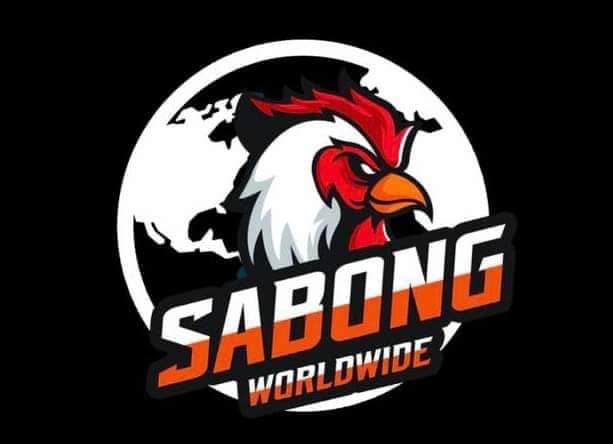Most famous Sabong / Cockfight Betting Platform
Cockfighting, known as "Sabong" in the Philippines, holds a significant place in Filipino culture and has a long-standing tradition in the country. It is not only a popular sport but also a social gathering that brings communities together. In the Philippines, cockfighting is legal and regulated. There are dedicated venues called "cockpits" where matches take place. These cockpits can range from small, local arenas to large-scale stadiums that attract enthusiasts from all over the country. Filipino cockfighting often involves specially bred roosters known as "gamecocks" or "gamefowls." These roosters are raised and trained for their agility, strength, and fighting skills. They undergo rigorous conditioning programs and are often given specialized diets to enhance their performance. Cockfights in the Philippines typically follow a set of rules and regulations. The matches are divided into different weight classes, and the roosters are fitted with sharp blades or gaffs, usually attached to their legs. The objective is for a rooster to defeat its opponent by inflicting injury or incapacitating it. The match continues until one rooster is declared the winner or until one of the roosters cannot continue.
What is Online Sabong/Cock fighting bet?
Online Betting is an integral part of Sabong/cockfighting in the Philippines. Spectators place their bets on their preferred roosters, and the odds are determined based on factors such as the rooster's reputation, past performance, and the opinions of expert gamblers. The betting atmosphere can be intense, with large sums of money wagered on the matches. It's important to note that while cockfighting is deeply ingrained in Filipino culture, there is an ongoing discussion regarding animal welfare and the ethical concerns surrounding the sport. Efforts are being made to promote responsible and humane treatment of the gamecocks involved.

